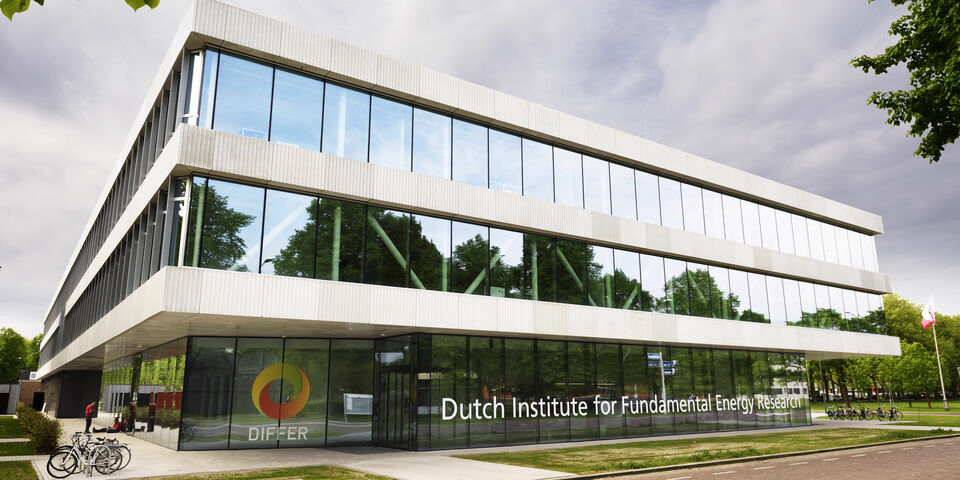By providing these funds, NWO aims to promote cooperation between scientists with the aim of ensuring that the Netherlands’ scientific infrastructure remains up-to-date. NWO chair Marcel Levi emphasises that the seven projects receiving the grants will enable innovative research with significant added value for society as a whole.
In one such project, a consortium led by TU Delft is developing a new type of radar system that is able to forecast extreme weather with much greater accuracy. Other grants will fund the development of a database for cancer in children and a cutting-edge radio telescope that will enable scientists to produce the first colour films of black holes.
For this round of grants, a total of 35 applications were submitted. NWO’s contribution ranges from 2.3 to 4.7 million euros per project.
As recently as February, NWO and the Ministry of Education, Culture and Science awarded a further 140 million euros in grants from the National Roadmap for exceptionally large-scale research equipment and databases.
New materials for green chemistry and transport
One of the awarded projects is DIFFER's PLD4Energy. This project investigates new materials for green chemistry and transportation.
The energy transition requires new materials for greening chemistry and transportation. Electrolyzers and fuel cells need more efficient electrodes and more robust membranes. Scarce materials call for everyday alternatives. PLD4Energy is a Pulsed Laser Deposition (PLD) facility for producing such thin film (membrane) alternatives. It is tailored to research for energy applications. PLD4Energy has the right in-situ diagnostics to move from small to larger film areas in a controlled manner. The facility lends itself to fundamental research, as well as the next, essential step: actual implementation.


Discussion